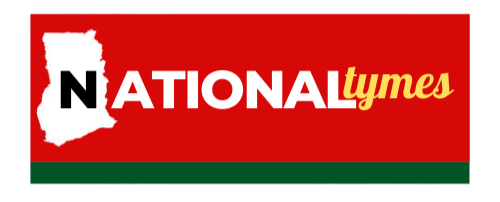THE PRIVATE Newspapers and Online News Publishers Association of Ghana (PRINPAG) has issued a strong condemnation of what it describes as a worrying trend of intimidation and harassment of journalists by state security agencies, particularly the Office of the Special Prosecutor (OSP) and the National Security Secretariat.
In a press statement released on Tuesday, PRINPAG expressed “grave concern” over recent incidents where journalists, editors and publishers have been summoned and interrogated for publications made in their media outlets – often without access to legal counsel.
The association cited two recent cases as examples: the grilling of Mr. Gordon Asare-Bediako of ABC News by the OSP last week and the summoning of Mr. Prosper Agbenyega of Current Issues newspaper by the National Security Secretariat this week. Both journalists were reportedly held for hours and questioned without the presence of their lawyers.
PRINPAG described these incidents as “dangerous attacks on press freedom and a threat to Ghana’s democratic credentials,” warning that such practices are not only unconstitutional but also undermine media independence.
“Ghana’s 1992 Constitution provides legitimate avenues such as the National Media Commission and the courts for anyone aggrieved by a media publication,” the statement emphasized. “State agencies must desist from arbitrary invitations and interrogations that amount to harassment.”
The association made five key demands:
- An immediate end to acts of intimidation by the OSP and National Security.
- Respect for the constitutional rights of journalists.
- Use of appropriate legal channels for addressing media-related grievances.
- Support for media practitioners to remain fearless and committed to their watchdog role.
- A call on journalists to maintain high standards of professionalism and ethics.
PRINPAG also vowed to defend the rights of its members through all necessary means, including legal action, if such harassment continues.
The statement ended with a call to action for civil society, the Ghanaian public and the international community to speak out against what it called a “dangerous trend threatening the foundations of democracy.”
Source: Nationaltyme.com

















